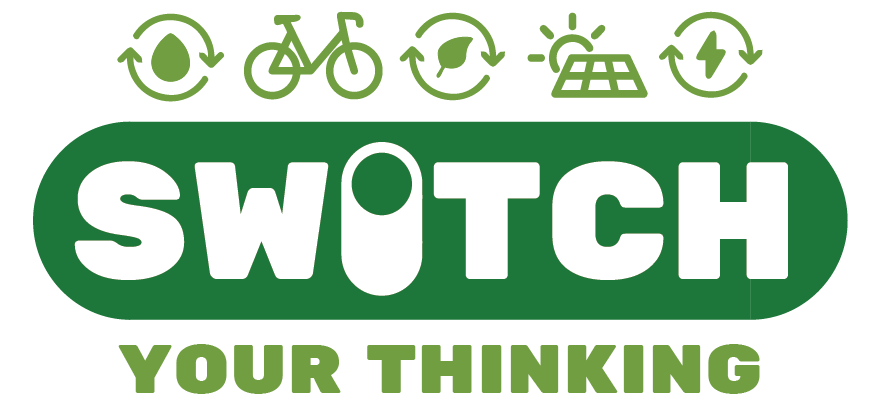Have you got a collection of dead batteries, old paint, unwanted cleaning chemicals or other common hazardous wastes in your home or garden shed that cant go into your regular kerbside bin, but you want to get rid of? Keep reading to find out how to go about disposing of household hazardous wastes.
There are a number of hazardous chemicals and materials in most homes which can’t go into kerbside collection bins. If these items are not properly disposed of, they can cause harm to our family, pets and the environment. It is extremely important that we dispose of household hazardous waste in an appropriate manner, which generally takes a bit more effort than simply putting the items in our general waste and recycling kerbside bins.
To facilitate the correct disposal of household hazardous wastes, there are a range of Permanent Facilities that you can drop off these hazardous waste items for free. The WA Local Government Authority have also organised a series of Temporary Collection Days to provide further disposal options.
Attendees DO NOT need to be residents of the host Local Government to be able to attend the temporary collection day events and drop off their household hazardous waste items for FREE.
What can be disposed of at the household hazardous waste permanent facilities and temporary collection days?
Not all types of household hazardous wastes are accepted at the permanent facilities or the temporary collection days. Refer to the list below for accepted waste types as well as some common waste materials that are not accepted. Also, it is important to remember that only domestic waste is accepted with a limit 20kg or litres per material type.
Accepted materials:
•Acids and alkalis
•Aerosols
•Batteries (household)
•Engine coolants and glycols
•Fire extinguishers – Non halon (red) only
•Flammables
•Flares
•Fluorescent lamps and tubes (CFLs)
•Gas cylinders (small household)
•Household chemicals (e.g. cleaners)
•Paint
•Pesticides/herbicides
•Poisons/toxics
•Pool chemicals
•Smoke detectors
•Unknown chemicals must be in sealed, chemical resistant containers.
Maerials not accepted:
•Asbestos
•Commercial, business or industrial waste
•Electronic waste
•EPIRBs and PLBs
•Explosives, ammunition and firearms
•Fire extinguishers – Halon (yellow)
•Medications and pharmaceuticals
•Mobile phones
•Motor oil and cooking oil
•Printer cartridges/toners
•Sharps and needles
•Tyres
For more information on the Household hazardous waste program, contact the MWAC Project Coordinator or phone WALGA on (08) 9213 2000.
